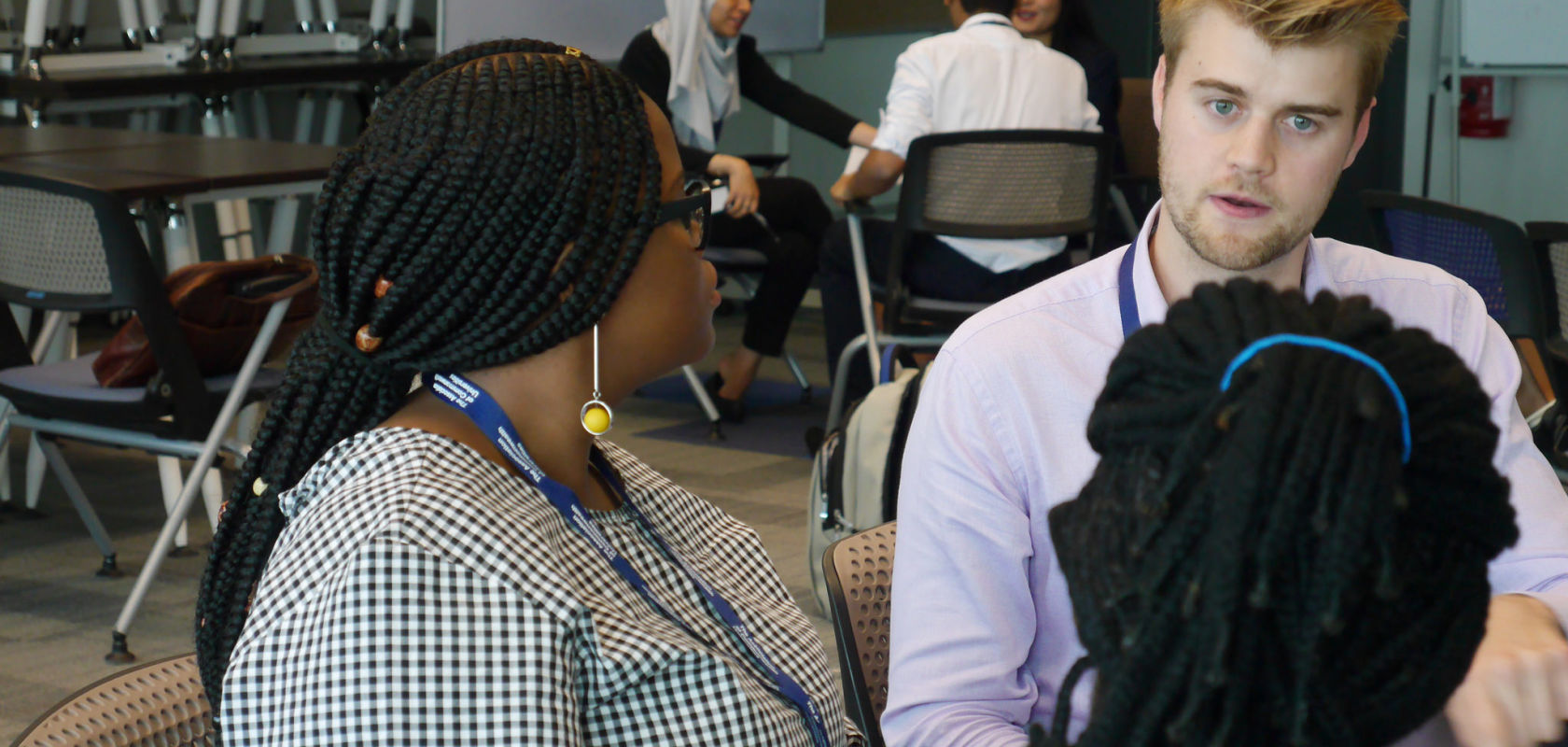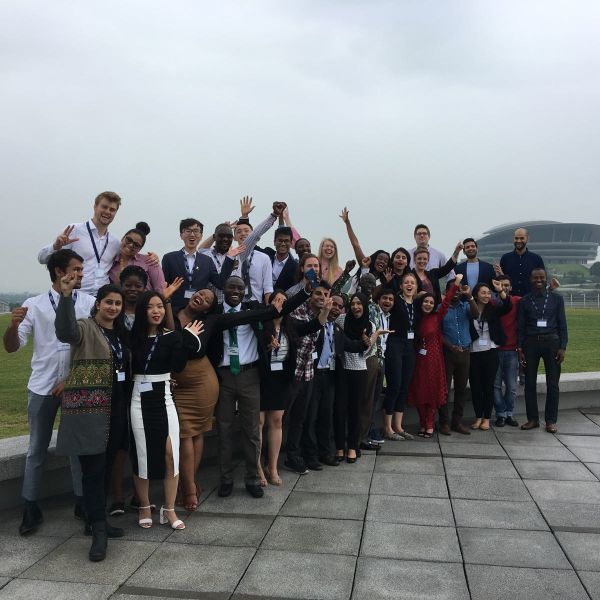Q & A with Sam
The 4 day conference, held in Malaysia , brought together international delegates from 30 different partner universities, working to create tangible ways to promote inclusivity, diversity and respect within university environments and wider society. We recently sat down with Sam to learn more about his experiences at the conference, how it impacts his role as a director and what outcomes can be brought back to enhance student life at UNSW.
What motivated you to run for Board?
I ran for Board because I realised that Arc was the most exciting platform to enrich the experiences of students at UNSW. It’s an absolute privilege to be able to work with a team of like-minded people who are motivated to serve the UNSW community. I was also drawn to the opportunity for self-development, particularly skills through experience in strategy formulation, corporate governance duties and advocacy.
How has your time on Board impacted how your view of UNSW and Arc as inclusive communities?
I’ve come to understand that boards can give an organisation’s value proposition real legitimacy through being vocal on social issues that are important to them. Last year Arc issued a letter in support of same-sex marriage. It was both appropriate and pertinent, as inclusivity is a central pillar of Arc’s strategic direction and resonates deeply with our staff. Our 2015-2018 vision includes a commitment to “support[ing] our community” and making sure students are comfortable to “turn to us”. For Arc, being able to foster an inclusive community is one of the most important measures of success, because that ultimately translates into a more fun, vibrant and memorable student experience.
What are you passionate about?
People. I naturally gravitate towards environments where I can meet new people and can deepen relationships with people around me. I’m so motivated to help people become the best versions of themselves and this goes both ways – I’m always seeking feedback to grow in all spheres of my life. I am also passionate about realising the capacity for group dynamics to help achieve astonishing results.
What originally motivated you to apply to attend the conference in Malaysia?
Arc recently endorsed an ‘Indigenous Strategy’ which will be an organisational commitment to supporting Indigenous students on campus. My primary aim in attending was to learn about ways to strengthen our existing support networks for Indigenous students. This is because across Australian universities, Indigenous students currently have a higher dropout rate than non-indigenous students. This gap needs to be closed, and support systems for our Indigenous students strengthened, and Arc, along with Nura Gili and UNSW, will play a pivotal role in this process.
I also wanted to use my conference insights to find any possible areas of improvement in the way that Arc fosters respect and understanding, both internally and externally. This includes analysing our leadership training modules, our internal policies and the educative materials disseminated prior to university games.
How do your studies and experiences at UNSW impact your understanding of inclusivity? How did these impact your time at the conference?
Studying and experiencing life on campus has made me realise that inclusivity is and will be the crucial antidote to the anticipated levels of technological disruption, particularly in the work place. For me, inclusivity is about creating environments where people are respected and can be their true selves. I’ve worked in skills competitions and many group assignments, where I’ve learnt that inclusive teams produce more creative, innovative and impactful solutions to complex problems. I believe that the best teams of the future will be those where managers can establish and manage diverse teams. Whilst at the conference, I sought to learn from presenters and other attendees how they approach diversity and inclusivity in their personal and professional contexts.
What was the most memorable takeaway from the conference?
My most memorable takeaway from the conference was the ‘80/20’ rule in relation to changing mindsets to tackle discrimination, prejudice and stereotypes and how that can be applied on university campuses. One of the major problems faced regarding respect and understanding in universities is that many racial, cultural and sexual biases are formed during childhood. This makes changing the psyche of students in a tertiary education environment exceptionally difficult. In light of that challenge, Dr The Su Thye argued that changing the perspective of students is shaped 20% by cognitive exercises, and 80% by experiential exercises. Up to a certain threshold (20%), educative tools are effective, but past this point, he explained, it is the personal experiences and interactions through friendships and relationships with people from diverse backgrounds that are the best ways to foster respect and understanding. This observation is supported by research into the impact of experiential learning, which suggests that it is fundamentally important to challenging prejudicial stereotypes. The takeaway that 80% of mindset change comes from experiences confirms the value of creating an environment for students to step outside their comfort zones and participate in club and society events.
What are some opportunities for inclusivity within Arc and UNSW?
I’ve found Arc to be an incredibly rewarding and fun workplace to be a part of! Introducing a measure such as yearly organisational KPI’s could help to sustain this already positive culture and provide clear goals to aspire to. This would also help the board to identify any possible misalignments between our imagined and actual culture. How we approach inclusivity and other core values internally could in turn be better measured. Arc also runs a successful cultural competency workshop for staff members each year. Moving forward, similar workshops could be delivered to faculties across UNSW. This would help alleviate the pressure off Nura Gili, who manage many faculty requests for such workshops throughout the year. Moving forward, I aim to advocate for these measures to be implemented so that inclusivity is prioritised for the future.



